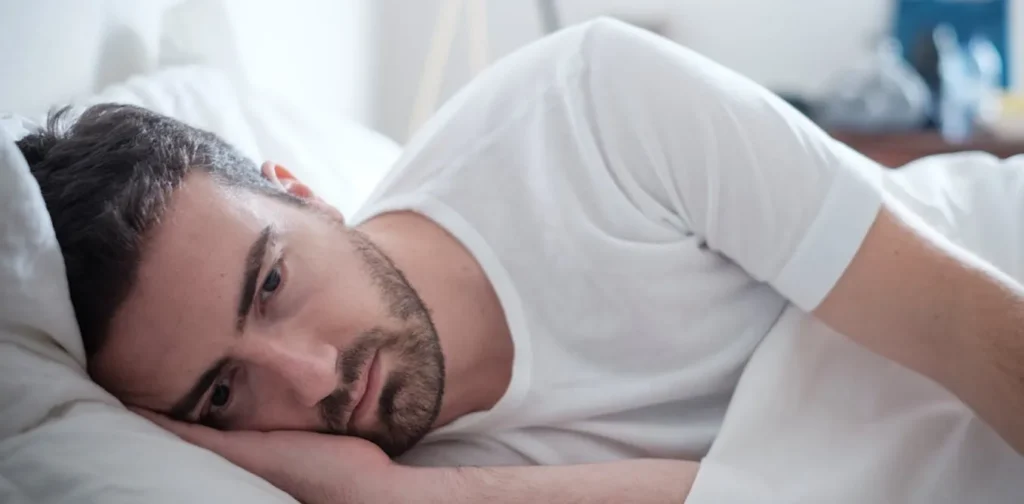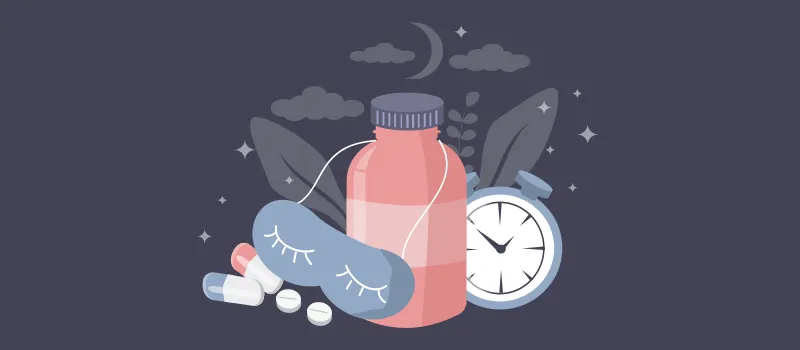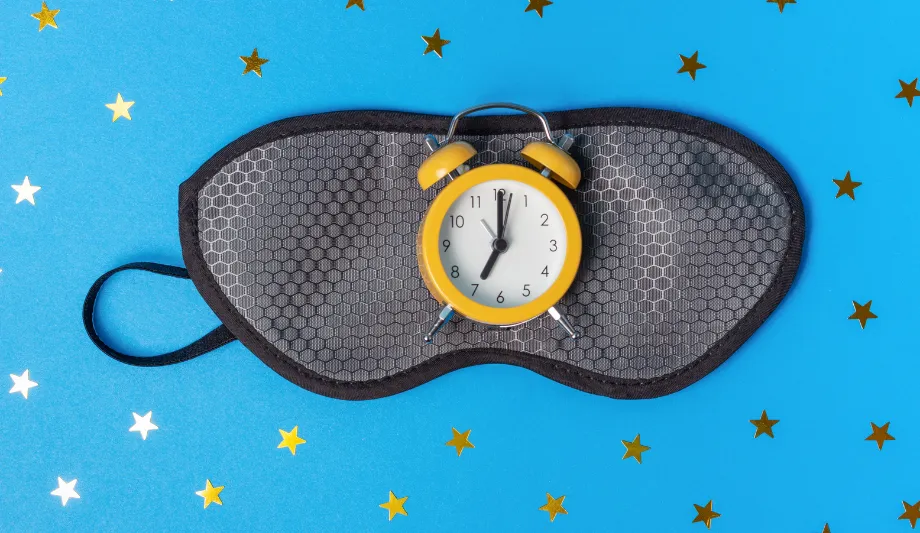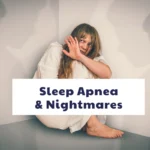
Using antihistamines as a sleep aid has become a common solution for many people struggling with occasional sleeplessness. While these medications are readily available and effective for short-term use, questions arise about their safety when taken nightly. This article delves into the potential benefits, risks, and long-term implications of using antihistamines for sleep, providing evidence-based insights for informed decision-making.
What Are Antihistamines?

Credit: www.istockphoto.com
Antihistamines are medications primarily designed to block histamine, a chemical involved in allergic reactions. They are classified into two types:
- First-generation antihistamines, such as diphenhydramine (Benadryl) and doxylamine (found in some over-the-counter sleep aids), are known for their sedative effects.
- Second-generation antihistamines, like loratadine (Claritin), are less likely to cause drowsiness and are not commonly used for sleep.
The sedative properties of first-generation antihistamines make them a go-to option for individuals seeking help with sleep.
Why Antihistamines Are Used for Sleep

Credit: theconversation.com
Antihistamines, primarily designed to treat allergies, are commonly used as a quick solution for sleeplessness due to their sedative side effects. But is relying on them every night a sustainable and safe option? Let’s dive into the science and expert advice.
Buy diphenhydramine (Benadryl) on Amazon
Statistical Insights
- “According to the National Sleep Foundation, around 25% of adults have tried over-the-counter sleep aids, including antihistamines, at some point in their lives.”
- “Research from a 2023 study shows that long-term use of sedative antihistamines can lead to tolerance, requiring higher doses for the same effect, and may impair cognitive function over time.”
How Do Antihistamines Affect Sleep?

Credit: obesitymedicine.org
Antihistamines block histamine receptors in the brain, reducing alertness and inducing drowsiness. The sedative effects vary by type:
- First-generation antihistamines: Like diphenhydramin and doxylamine, are more likely to cause drowsiness.
- Second-generation antihistamines: Such as loratadine, are less sedating and not typically used for sleep.
While effective in the short term, these medications can alter your sleep architecture, potentially reducing the quality of deep sleep.
The Science Behind Antihistamines and Sleep
- Ease of Accessibility: Over-the-counter availability makes them a convenient option.
- Fast-Acting Relief: Can induce sleep within 30-60 minutes.
- Temporary Solution for Stressful Nights: Useful for occasional sleeplessness caused by travel or stress.
Safety of Taking Antihistamines for Sleep

Credit: www.buzzrx.com
Occasional Use
For short-term use, antihistamines are generally considered safe for most people. They can provide temporary relief from sleeplessness without the need for a prescription.
Common Side Effects:
- Dry mouth
- Drowsiness the next day
- Dizziness or lightheadedness
Nightly Use
When taken nightly, the safety of antihistamines becomes less clear. According to the Mayo Clinic, chronic use of antihistamines for sleep may lead to:
- Tolerance: Over time, the body may require higher doses to achieve the same sedative effect, reducing the medication’s effectiveness.
- Cognitive Impairment: Studies suggest that prolonged antihistamine use can affect memory and concentration.
- Dependency: While not addictive, relying on antihistamines for sleep can create a psychological dependency.
Risks and Long-Term Implications

Credit: lachinjurylaw.com
- Cognitive Decline
Prolonged use of first-generation antihistamines has been linked to cognitive decline, particularly in older adults. A study published in JAMA Internal Medicine found that long-term use of anticholinergic drugs, including antihistamines, may increase the risk of dementia. - Daytime Drowsiness
Using antihistamines for sleep may result in grogginess or a “hangover” effect the next day, affecting productivity and alertness. - Impact on Sleep Quality
While antihistamines may help you fall asleep, they can reduce the amount of restorative deep sleep you get, potentially leading to fatigue and irritability over time. - Potential for Misuse
Habitual use may encourage individuals to ignore underlying issues causing sleep problems, such as stress, anxiety, or poor sleep hygiene.
Expert Opinions on Antihistamines for Sleep
Dr. Raj Dasgupta, an assistant professor of clinical medicine at the University of Southern California, emphasizes caution:
“Antihistamines should not be your first option for treating sleep issues. They’re not designed for long-term use and can have unintended consequences if misused.”
Similarly, the American Academy of Sleep Medicine advises against using over-the-counter sleep aids, including antihistamines, as a primary solution for insomnia. Instead, they recommend addressing the root causes of sleep disturbances.
Alternative Strategies for Better Sleep

Credit: itlhealth.com/articles
If you’re struggling with insomnia, consider these alternative strategies:
- Establish a Consistent Sleep Schedule: Go to bed and wake up at the same time each day, even on weekends.
- Create a Relaxing Bedtime Routine: Develop a calming routine before bed, such as reading a book or taking a warm bath.
- Optimize Your Sleep Environment: Ensure your bedroom is dark, quiet, and cool.
- Limit Screen Time: Avoid screens, such as phones and computers, for at least an hour before bed.
- Practice Relaxation Techniques: Techniques like meditation, yoga, and deep breathing can help reduce stress and anxiety.
- Consider Over-the-Counter Sleep Aids: Melatonin supplements, a natural hormone that regulates sleep-wake cycles, can be helpful for short-term use. However, consult with a healthcare professional before taking any supplements.
Antihistamines for Sleep: Benefits vs. Risks
| Benefits | Risks |
|---|---|
| Quick relief for sleeplessness | Cognitive decline with long-term use |
| Easy accessibility | Morning grogginess |
| Temporary solution | Disrupts REM sleep |
When to Consult a Doctor?
If sleep problems persist despite trying natural remedies and lifestyle changes, it’s essential to consult a healthcare provider. Chronic sleep issues could signal an underlying condition such as insomnia, sleep apnea, or anxiety.
Final Thoughts
While antihistamines can provide temporary relief for insomnia, they should not be relied upon as a long-term solution. It’s important to address the underlying causes of sleep problems and explore alternative strategies for improving sleep quality. If you’re struggling with chronic insomnia, consult with a healthcare professional for personalized advice and treatment.















